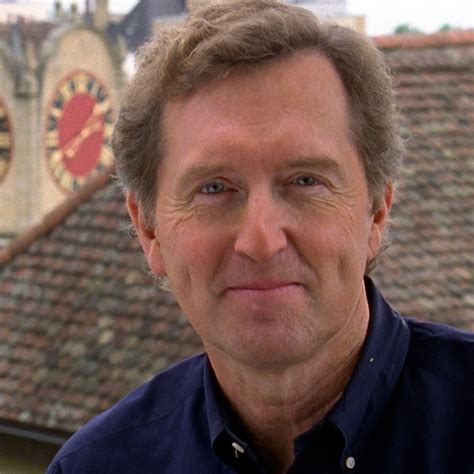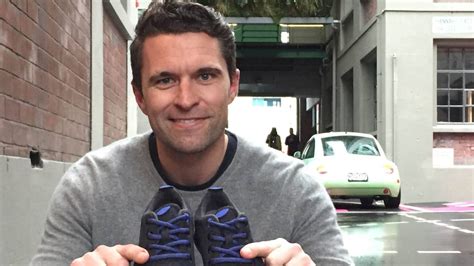A Quote by Thomas Kuhn
Probably, the single most prevalent claim advanced by the proponents of a new paradigm is that they can solve the problems that led the old one to a crisis.
Related Quotes
My problem with Obama is that he's not a new paradigm; he's an old paradigm. A new paradigm would be somebody like Harold Ford [former Democratic Congressman from Tennessee] or Michael Steele [former Republican Lieutenant Governor of Maryland], no relation, both of whom present themselves as individuals, and don't seem to wear a mask. They don't 'bargain;' they don't 'challenge.' So, I see them as fresh, and as evidence of what I hope will be a new trend.
The historian of science may be tempted to claim that when paradigms change, the world itself changes with them. Led by a new paradigm, scientists adopt new instruments and look in new places. even more important, during revolutions, scientists see new and different things when looking with familiar instruments in places they have looked before. It is rather as if the professional community had been suddenly transported to another planet where familiar objects are seen in a different light and are joined by unfamiliar ones as well.
The technologies that will be most successful will resonate with human behaviour instead of working against it. In fact, to solve the problems of delivering and assimilating new technology into the workplace, we must look to the way humans act and react. In the last 20 years, US industry has invested more than $1 trillion in technology, but has realised little improvement in the efficiency of its knowledge workers and virtually none in their effectiveness. If we could solve the problems of the assimilation of new technology, the potential would be enormous.
And I've come to the place where I believe that there's no way to solve these problems, these issues - there's nothing that we can do that will solve the problems that we have and keep the peace, unless we solve it through God, unless we solve it in being our highest self. And that's a pretty tall order.
When you see reference to a new paradigm you should always, under all circumstances, take cover. Because ever since the great tulipmania in 1637, speculation has always been covered by a new paradigm. There was never a paradigm so new and so wonderful as the one that covered John Law and the South Sea Bubble - until the day of disaster.




































